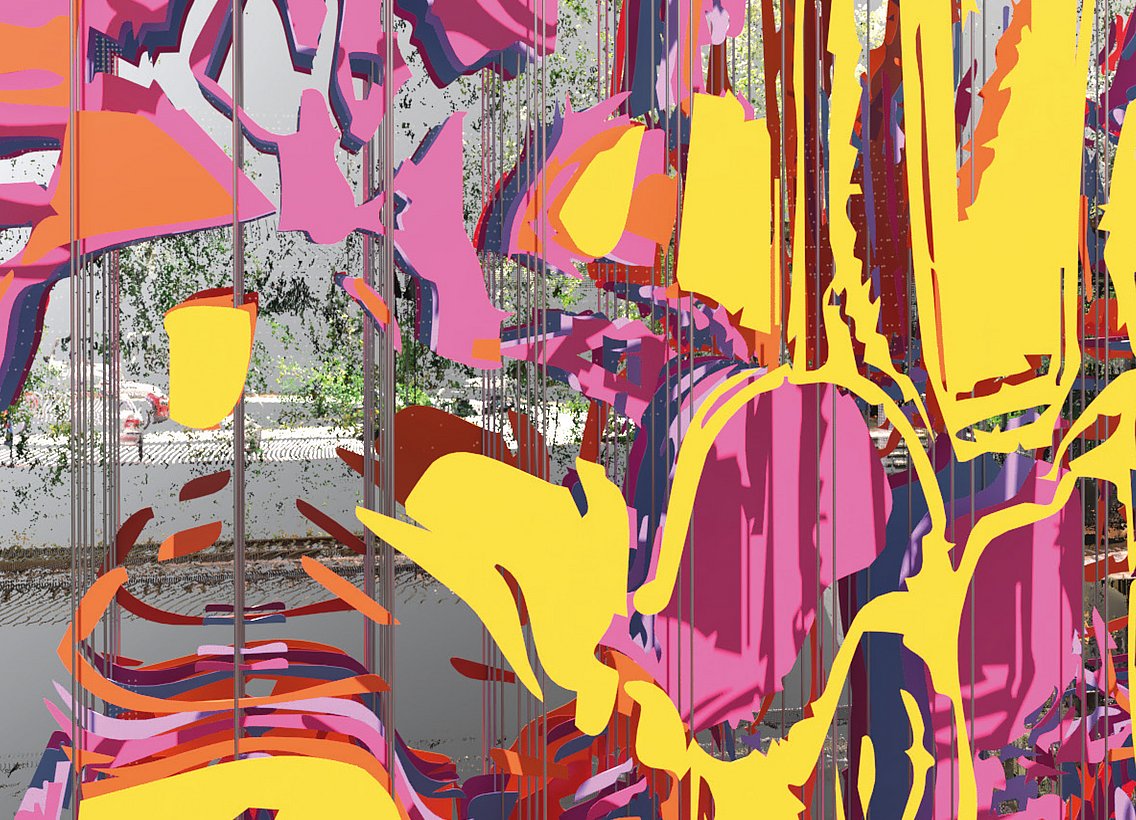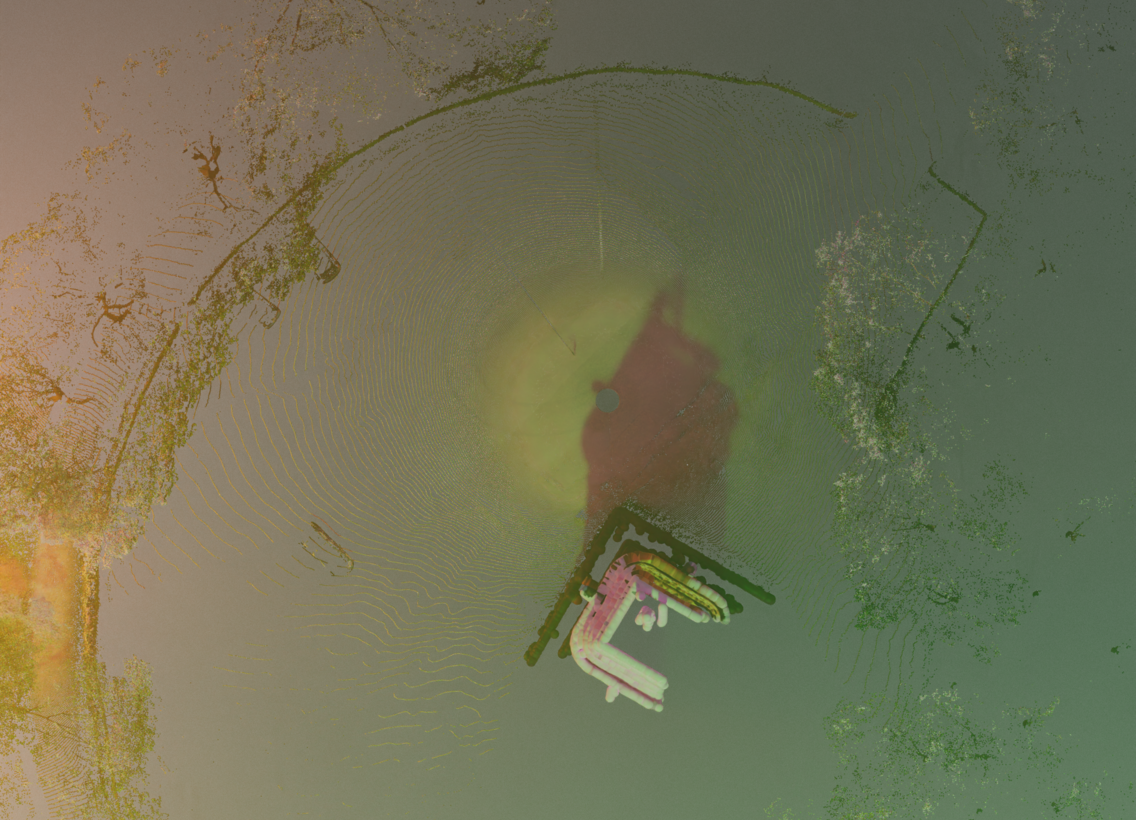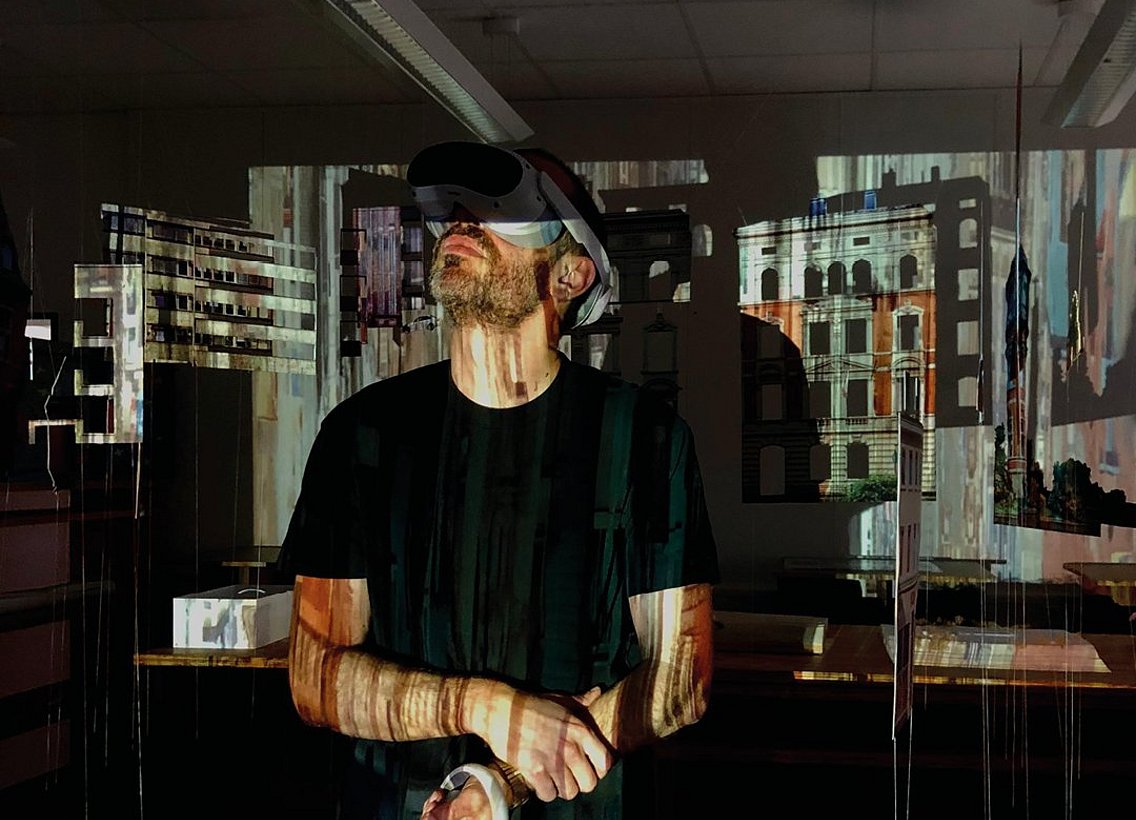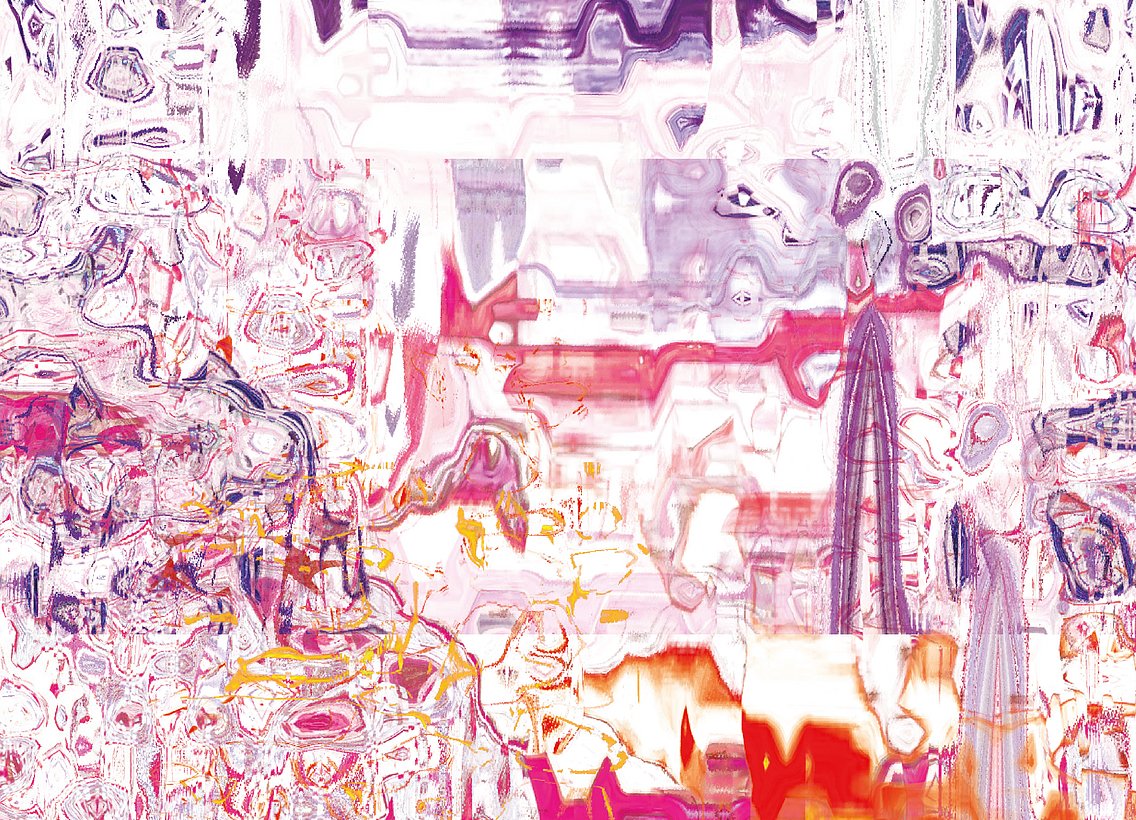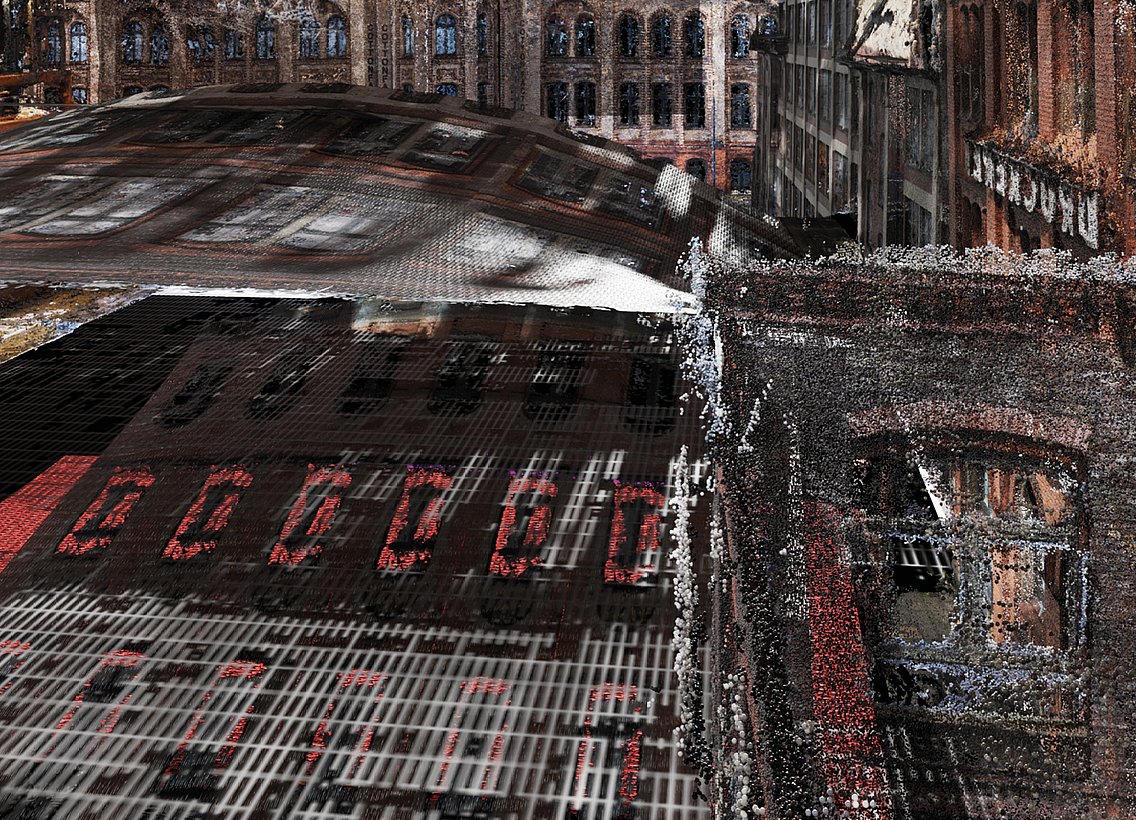Theory and Discourse of Design
Architecture has always been closely entangled with modes of vision. Devices ranging from Dürer’s perspective machine to the photographic eye have strongly shaped how we think and design the built environment. A strange loop is in place here: our worldviews provide the development of specific modes of representation, and in turn, they begin to have an impact in that same world, becoming an active agent in the way we understand it. Put more simply, the technologies through which we see and experience the built environment define how we construct it.
Reflecting on the ever-growing presence of digital methods and their influence in shifting our understanding of the relationship between digital and the physical realms, the Chair Theory and Discourse of Design frames architecture as a social and cultural vehicle at the intersection of new media, design, and space. To that end, we focus on how contemporary imaging and surveying technologies (e.g., satellite mapping, Google Street View, artificial intelligence-image production, 3D scanning, VR environments, etc.) have the potential to effect the built environment. That is, how the interaction between machine vision and human vision will transform design practices and community structures both in the near and distant future.
As many of the digital tools we use today were developed to translate processes, it is essential to consider that visual devices have been directly related to the purpose of surveillance. It is paramount to understand them as a product of our colonial history. Therefore, our work engages with ideas of multivalent identities and diversity and uses these technologies to explore forms of engagement that allow for more than one point of view.
We develop design speculations through research seminars and design studios, deploying contemporary digital techniques within architectural discourse. The pedagogical goal is to support students in engaging with the impact of new media while developing new design sensibilities to intervene in heterogeneous contexts.

